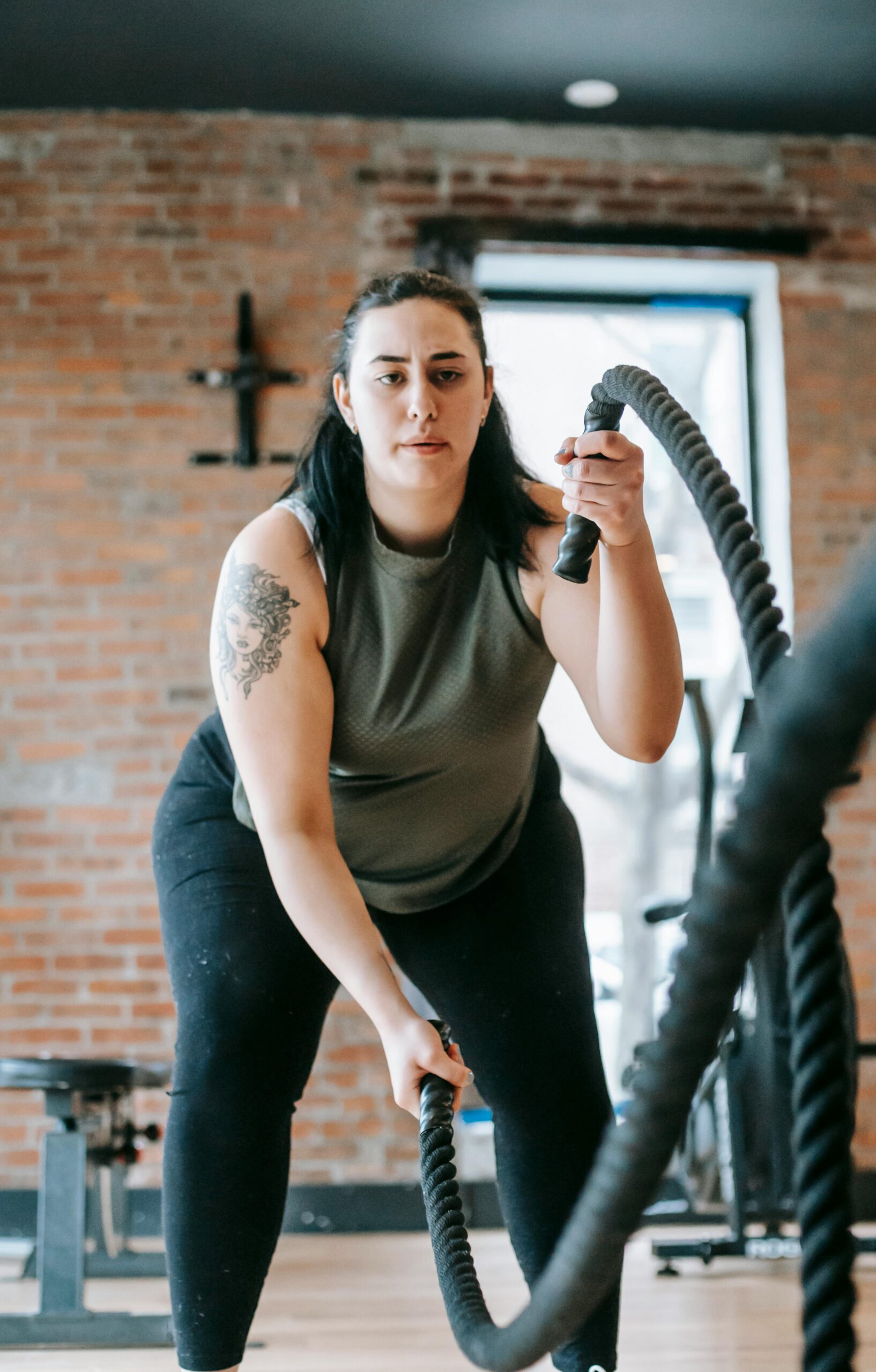Sit back. This is a long one.
I have worked with many clients ranging from 16 to 65 years old helping to navigate the whys to their leaking when they run, swim, jump, dive, dance, sneeze and so on.
The pelvic floor… it’s a complicated one.
The bladder works alongside many other parts of the body and seems to be one confused item. Many women leak when they are active. Despite taking the time to empty their bladder before their run or activity, they still leak or lose full control.
It is a really hard and vulnerable conversation for women to discuss these issues when seeking answers about what I can do to help.
There are many moving parts to the bladder and it’s function. When I work on bladder control, I don’t just work within the pelvic floor but on the ribcage, neck, pelvis, hips, digestive organs, diaphragm and so on.
One major reason for leaking is due to an increase in pelvic pressure due an increase in abdominal or thoracic pressure, often due to a restricted diaphragm. Uh?? Let me explain.
I often refer to our trunk as a can of beans.
If I were to take my can opener, unscrew the lid but instead of taking the lid off I press down, a few things happen. (The lid of the can is the diaphragm).
The pressure from me pushing down creates extra pressure into the pelvic floor. The pelvic floor is the bottom of the can of beans. It is our undercarriage, the basement of our house. The pelvic floor has a couple of choices when there is some extra pressure.
The ideal situation is that our pelvic floor has optimal strength and alignment and can manage the increase in pressure and we are able to maintain bladder control. (Too much pelvic pressure can create the bladder to contract preemptively aka sudden peeing).
The next best situation is the pelvic floor, whom may have a few tight or weak muscles, is still able to function well and manage the pressure. Things go smoothly until extra sudden pressure builds up like a laugh, cough or sneeze then it can’t take anymore and we lose bladder control.
Or…the pelvic floor does not have the strength to fight back against this high pressure system so it steadily leaks throughout the day as we move around, change running directions, run on uneven terrain, or do some explosive movement such as diving, sprinting, etc.
So what is creating this pressure that is creating havoc on our bladder causing it to leak when it’s not supposed to? There are many causes.
Digestive health and inflammation, weak diaphragm postpartum, stiff ribcage that in turn is creating a poor functioning diaphragm, running or training tense and rigid, neck stiffness that is creating too much diaphragm tension, or a poorly aligned hip or pelvis are some of the main reasons for the increase in pressure.
The diaphragm is clearly the big ticket item here which is why I suggest using breathwork to change the pelvic floor and bladder function relatively quickly.
As mentioned earlier, our pelvic floor can usually manage these pressure changes. That is one of its jobs on its list of things to do. But sometimes the pelvic floor has a few areas of tightness, some weak bits or some misaligned pieces that creates a poorly unified, non coordinated system that just can’t fully connect. We can lose this coordination due to pregnancy, menopause and hormonal shifts, period changes, back or hip injuries, hysterectomies, and abdominal surgeries, to name a few.
See how it can can complicated? But it can change. We can make a difference by listening to your story, and with the right tools and the right plan, things can pivot. Sometimes our bodies are dedicated and stubborn, but sometimes they are ready to be listened to and work with us when we kindly ask.
There are four exercises you can do to change how your bladder reacts to pressure.
If you want to learn what you can do to change your leaking, visit the Still Physio Academy https://stillphysio.ca/still-physio-academy. Within the navigation bar within the Academy you will find “exercises for pelvic health”. There are four exercises that can be a game changer for leaking and activity. Give all four go At once or try one new exercise each week.

Be the first to comment